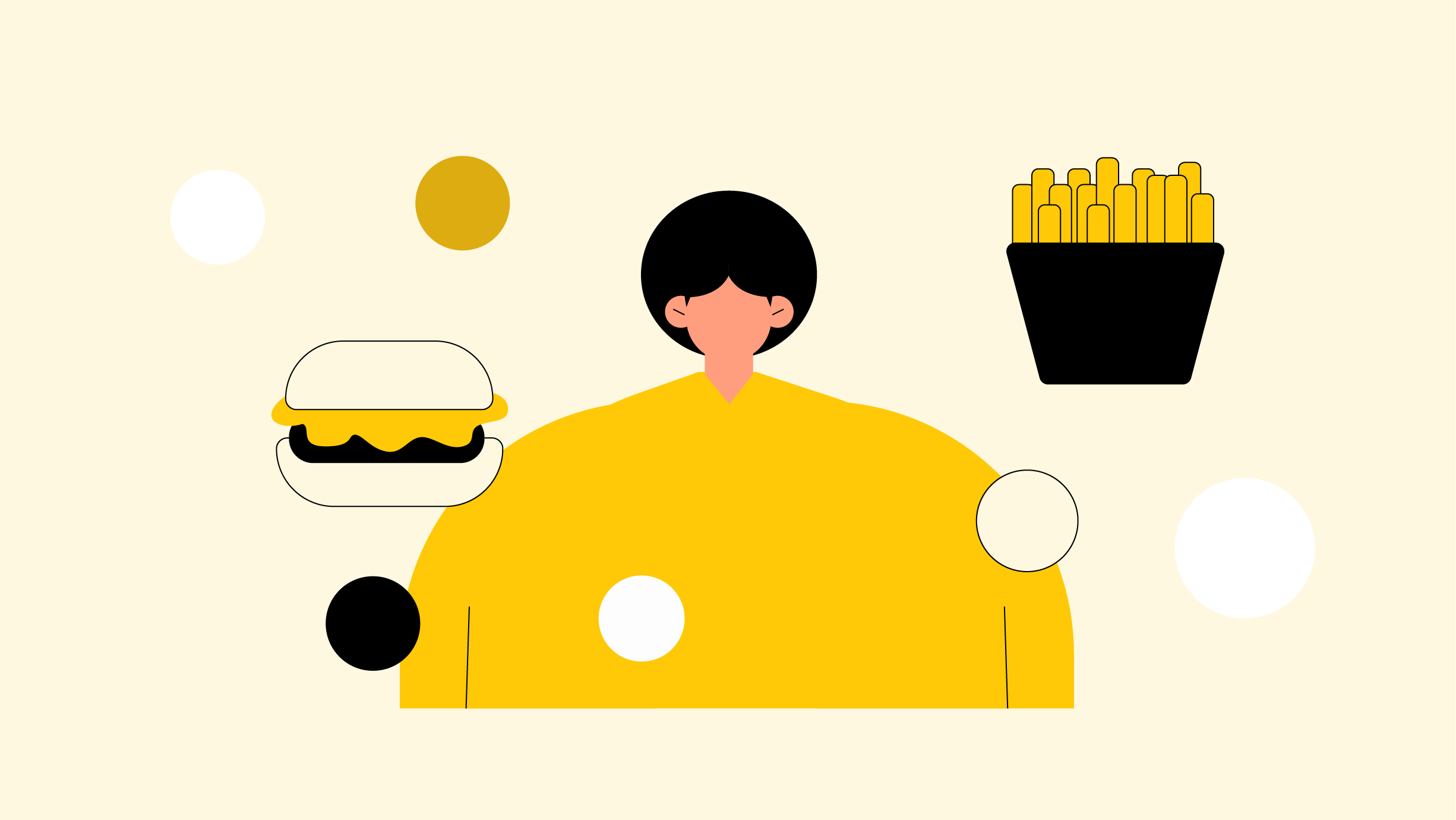What should I tell my care team before I take this medication?
They need to know if you have any of these conditions:
- Depression
- Frequently drink alcohol
- History of substance use disorder
- Liver disease
- Lung or breathing disease, such as asthma or COPD
- Mental health conditions
- Sleep apnea
- Succinic semialdehyde dehydrogenase deficiency
- Suicidal thoughts, plans, or attempt by you or a family member
- An unusual or allergic reaction to oxybate, other medications, foods, dyes, or preservatives
- Pregnant or trying to get pregnant
- Breastfeeding
What may interact with this medication?
Do not take this medication with any of the following:
- Alcohol
- Medications that help you fall asleep
This medication may also interact with the following:
- Benzodiazepines, such as alprazolam, diazepam, lorazepam
- Certain antihistamines for allergy, cough, and cold
- Certain medications for depression, such as amitriptyline, fluoxetine, sertraline
- Certain medications for seizures, such as phenobarbital or primidone
- Divalproex sodium
- Medications that cause drowsiness before a procedure, such as halothane, isoflurane, methoxyflurane, propofol
- Medications that relax muscles for surgery
- Opioids for pain or cough
- Phenothiazines, such as chlorpromazine, mesoridazine, prochlorperazine, thioridazine
- Valproate or valproic acid
This list may not describe all possible interactions. Give your health care provider a list of all the medicines, herbs, non-prescription drugs, or dietary supplements you use. Also tell them if you smoke, drink alcohol, or use illegal drugs. Some items may interact with your medicine.
What should I watch for while using this medication?
Visit your care team for regular checks on your progress. Tell your care team if your symptoms do not start to get better or if they get worse. This medication has a risk of abuse and dependence. Your care team will check you for this while you take this medication.
This medication causes sleep very quickly. You should only take your first dose at bedtime, while in bed. If you take this medication twice nightly, take the second dose 2.5 to 4 hours after your first dose. This medication may affect your coordination, reaction time, or judgment. Do not drive or operate machinery until you know how this medication affects you. Sit up or stand slowly to reduce the risk of dizzy or fainting spells. Drinking alcohol with this medication can increase the risk of these side effects.
You may do unusual sleep behaviors or activities you do not remember the day after taking this medication. Activities include driving, making or eating food, talking on the phone, sexual activity, or sleep walking. Serious injuries have occurred. Call your care team right away if you find out you have done any of these activities. Do not take this medication if you have used alcohol that evening. Do not take it if you have taken another medication for sleep. The risk of doing these sleep-related activities is higher.
This medication may cause thoughts of suicide or depression. This includes sudden changes in mood, behaviors, or thoughts. These changes can happen at any time but are more common in the beginning of treatment or after a change in dose. Call your care team right away if you experience these thoughts or worsening depression.
What are the most serious risks of this medication?
Misuse of this medicine can cause addiction or overdose. Take it exactly as prescribed. Store it in a safe place to prevent stealing or abuse. It is illegal to sell it or give it away.
This drug is a CNS depressant. It can cause deadly breathing problems. It can also cause drowsiness. Do not drive a car, use heavy machinery, or do other activities where you need to be fully awake for at least 6 hours after you take a dose. This risk is greatest when you first start taking it. The risk is also high if you take other drugs that cause drowsiness like narcotic pain drugs, narcotic cough drugs, benzodiazepines, other drugs for sleep, and muscle relaxants. Do not drink alcohol. Tell your health care provider about all the drugs you take, including over-the-counter drugs and vitamins. Get emergency help right away if you have trouble breathing or are unusually tired or sleepy.








